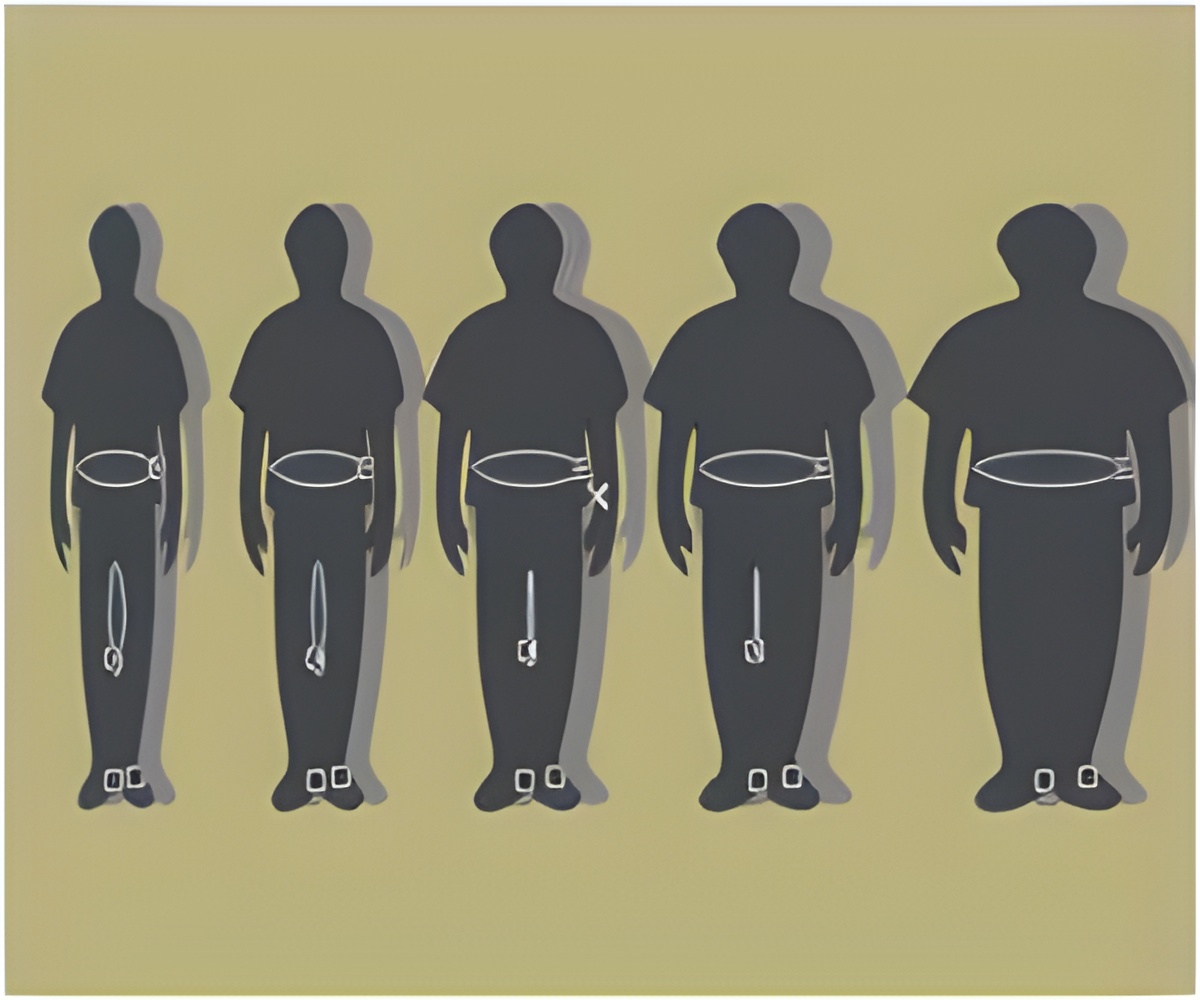Molecular mechanisms triggered by environmental conditions that ultimately affect the final body size have been uncovered by researchers.

Growth in insects and many other animals depends on environmental factors, such as the availability of food during development. These environmental factors in turn regulate two independent physiological mechanisms by controlling the synthesis of two hormones: insulin and ecdysone. Insulin controls how fast an animal grows in response to nutrition, but the time at which the animal initiates metamorphosis, thereby stopping growth, is determined by an environmentally-sensitive peak of ecdysone.
Now, researchers from Christen Mirth's laboratory discovered how these two processes talk to each other, all due to the location of a protein inside the gland cells, where ecdysone is synthetized during a larval stage. Usually, insulin levels increase after a meal. When this happens, at the molecular level, a protein called FoxO acts as an insulin sensor, leaves the nucleus of the gland cells and activates a cascade of events that culminate in the growth of the organism.
The research team now discovered that when the fruit fly larvae are starved, FoxO is kept within the cell nucleus, blocking the production of ecdysone. If starvation occurs during a phase that precedes metamorphosis, called 'critical weight', ecdysone synthesis is greatly delayed and larvae initiate metamorphosis much later than normal.
Takashi Koyama, first author in this study, says: "There are many nutrition-dependent developmental events in many organisms. I believe the mechanism we found is potentially common across a wide range of animals". Christen Mirth adds: "In flies and other insects a number of other environmental factors regulate the synthesis of ecdysone, such as temperature, infection and oxygen levels. We would like to know if these environmental conditions act through the same or parallel mechanisms to control developmental timing. This would provide us with a detailed view of how a complex suite of environmental conditions fine tune development to alter the final size of the adult".
Source-Eurekalert









